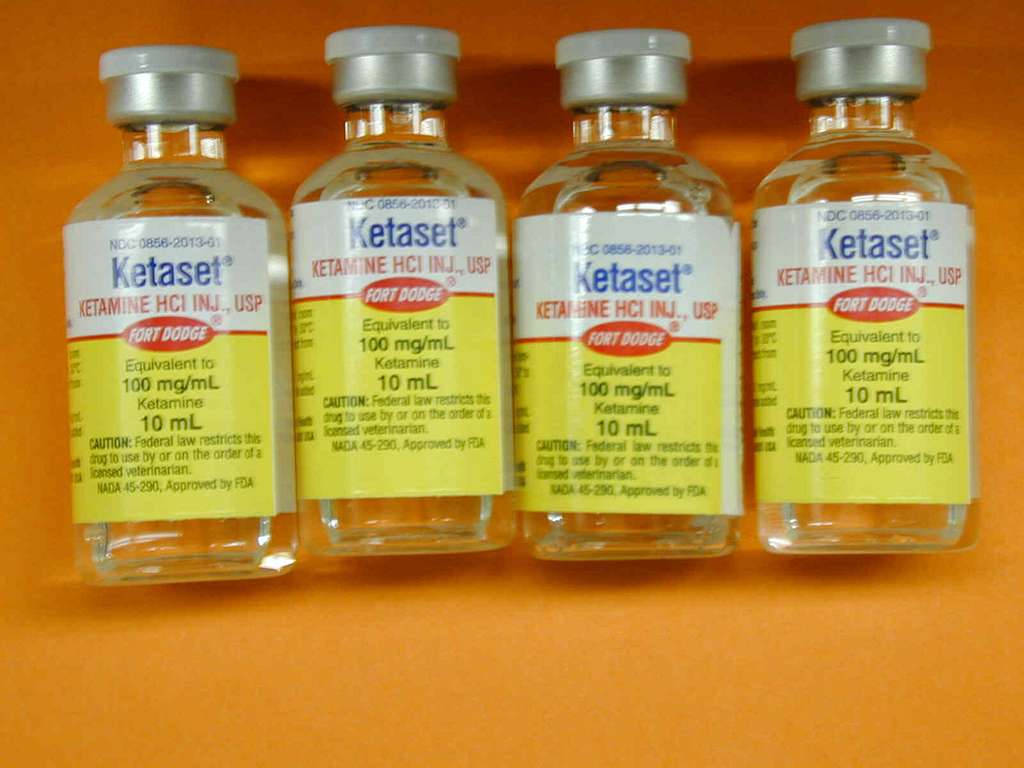Ketamine Therapy is a dissociative anesthetic recognized as a safe and effective treatment of different mental conditions, pain management, and depression.
Table of Contents
If you are considering trying Ketamine therapy which is proven to be effective in depression then you are recommended to consult with Medical professionals. However, In this blog post, we will explore what ketamine therapy is, its indications and side effects, and also explore who is not a good candidate for ketamine therapy?
What is Ketamine Therapy?
Ketamine Therapy is a drug-assisted approach to treating mental disorders like Depression, anxiety, Post Traumatic Stress Disorder, and other cognitive disorders which is quite effective in getting relief.
In this process of therapy administration of a single, low dose of ketamine is expected to interact with certain receptors in the brain, providing an antidepressant effect.
The extensive research behind successful treatment cases promised the drug’s effectiveness. Ketamine works as an NMDA receptor antagonist that binds NMDA receptor protein on cell membranes by blocking glutamate from its binding which results in pain reduction, normally elated, and improved mood and sleep patterns.
Indication of Ketamine Therapy
- Pain management like visceral pain
- Skleteal muscle relaxant
- used for induction of Anesthesia before general anesthesia
- Depression (in reduced does)
- Anxiety
- Post-traumatic Stress Disorder
Contraindications for ketamine therapy
Everything has its indications and contraindications, There are several conditions in which ketamine therapy cannot be used here are some of the contraindications for ketamine therapy. It is mandatory to consider the possible side effects of the drug before prescribing/consuming it. Here are some of them mentioned below.
- Severe Hypertension
Ketamine therapy should be avoided in hypertension because Ketamine therapy itself stimulates the Sympathetic nervous system which may elevate the body’s blood pressure and pre-existing hypertension in the body may get exacerbated more in such conditions which may lead to hypertensive emergencies that’s why it needs to be contraindicated in the hypertensive conditions. - Heart Disease like valvular heart disease and Congenital heart disease
As already mentioned Ketamine stimulates the sympathetic nervous system, leading to elevated blood pressure and increased heart rate (tachycardia). In patients with existing heart disease, it may lead to the conditions of increased myocardial oxygen demand that may lead to conditions such as angina, ischemia to a heart attack. - Cerebrovascular accident
Ketamine is contraindicated in patients with a history of Cerebrovascular accident as ketamine can increase intracranial pressure in the brain that may exacerbate further brain injury also worsen neurological outcomes, and increase the risk of further complications in these patients. - Active Internal Bleeding
The hypertensive effect induced by ketamine in patients with active internal bleeding may cause more rapid blood loss leading to hemodynamic instability and sometimes shock which further worsens and risks the life of the patient. - Children under age 18
Ketamine is known to have neurotoxic effects on the developing brain according to the studies therefore they are at risk.
Side effects of ketamine therapy
Every drug has some side effects similarly Ketamine therapy also has few side effects. However, some of the side effects are short-term time while some are long-term side effects. Here are some of the side effects that were previously seen in Ketamine therapy according to American Addiction center.
Short term effects
- Disorientation, confusion,
- Increased blood pressure
- Tachycardia, Tachypnea
- Dizziness, nausea, or vomiting.
- Loneliness
- Hallucination
Long Term Effects
- Withdrawal Syndrome
The most common long-term side effect of the Ketamine therapy is Withdrawal syndrome. The drug is used for a longer period in the treatment of conditions like depression, and post-traumatic stress disorder. The withdrawal syndrome includes excessive sleepiness and drug cravings. However long-term use may lead to neurological risks and memory impairments.
However, you are suggested to consult an expert physician and Professional before starting any drug therapy and not take the article above for the treatment as it is for general knowledge only.
Also Read: What is Appendicular Skeleton?

